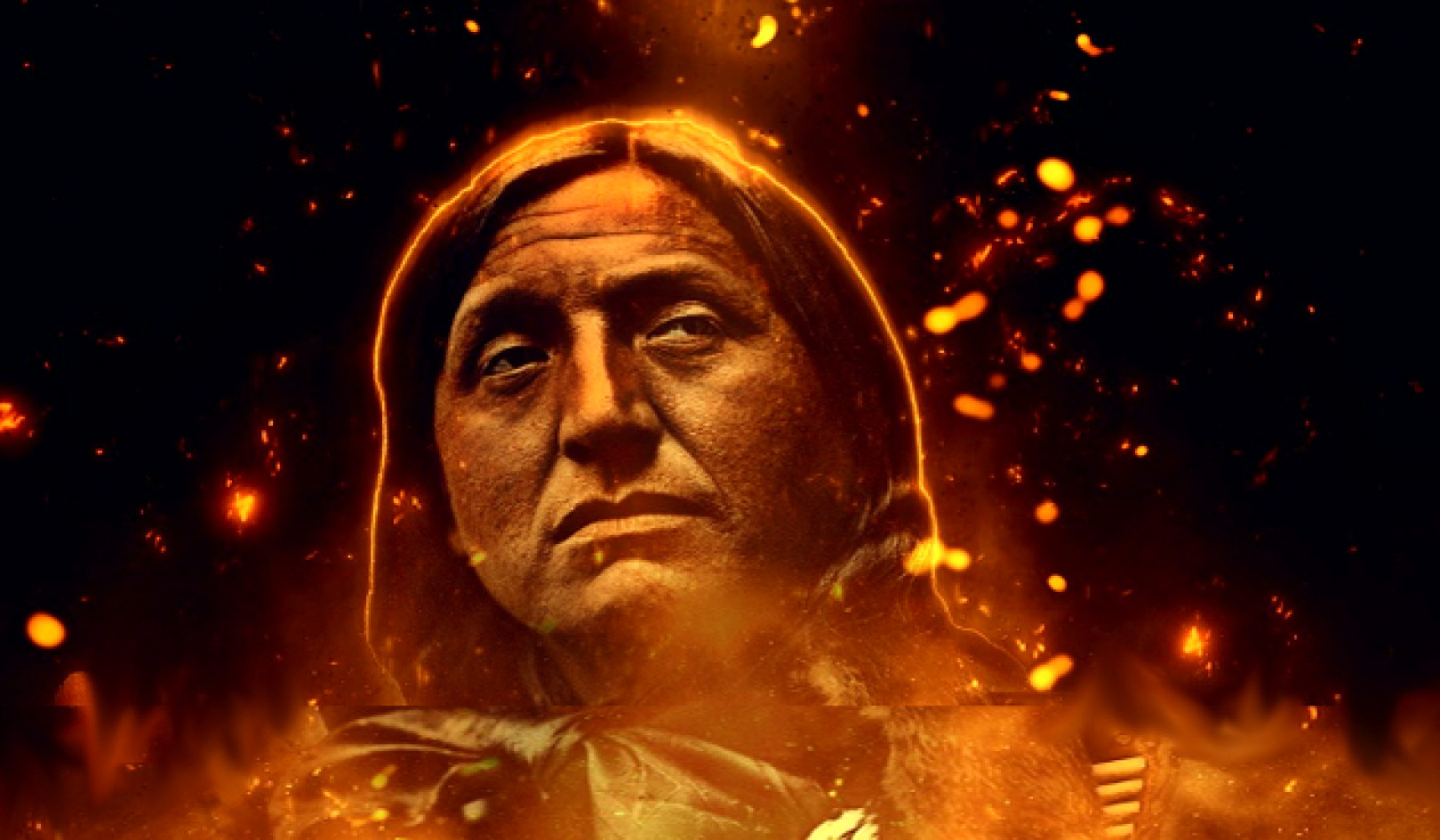
I should be grateful that I got an opportunity that so many don’t: to say “I love you,” before someone dies. I should feel lucky, right? I should feel endlessly lucky that that’s the last thing we ever said to each other.
I didn’t know he was going to die, no one did. When we got the news we each reacted and coped in our own way, but almost all of us had one thing in common: the desperate belief that it was an accident. He just wanted to sleep, he didn’t mean to take that many pills. Maybe he just wasn’t thinking and mixed them with alcohol. He certainly didn’t intend for this to happen, he couldn’t have. It was just a tragic accident...
We all clung to this belief for as long as we could, a slurry of cragsman all pinned to a cliffside with one single toe desperately suspending our entire weight with a tense, curled death grip. The coroner’s report came back, we listened to the account of how he was found. He did things exactly like his first love, the mother of his first child, who had taken her life when their son was only a year old.
From One Cycle of Grief to Another, and Another
Learning that a close friend died is difficult enough: I bounced through the stages of denial and anger and bargaining rather erratically for days. I was a pinball who hadn’t fallen into the abyss (yet,) and that seemed quite normal. Learning that it was a suicide ripped the cord from the machine and denied it any further electricity. Me, the ball, had nothing to do but plummet into uncertainty.
It started an entirely new cycle of grief, a new kind of grief that I can’t quite describe.
I was stuck in denial for much longer this time, but it was a survival tactic? I could not accept that he had done this to himself, because I was not ready to accept the guilt I felt for not being able to stop it.
“I was not ready to accept” is an understatement: I literally could not live with myself in relation to the truth. Every time I dipped my toes into the waters of the “acceptance” stage I immediately began to feel swallowed whole, gobbled up by an endless black ocean of guilt that was sure to drown me, or worse.
I went through weeks of this. Weeks of reaching my hand out for the truth only to violently shove it away when its grimy, calloused hand tried to embrace mine.
I’m going to purport that it was a pretty unhealthy way of coping. Everyone needs to spend a little time coddling their denial in situations like these, but I was using it like a drug, allowing it to keep my state of consciousness altered so I didn’t have to look reality dead in the eye.
The Ongoing Questions...
While that’s the last thing we ever said to each other, it’s not the last time I ever tried. I called him a couple times and got no call back. I broke the screen on my phone, so I sent him a private message on Father’s Day, a message that, according to Facebook, was never opened. Two days later he was gone.
I thought he was mad at me, or that he had possibly relapsed, and honestly I didn’t think much of it. I did take notice that he was being more distant than usual, but I didn’t go out of my way to get a response from him.
I spent many sleepless nights waxing on the memory of a thought: me thinking about going over to his house the night before he did it, just heading over unannounced to drop off my car payment (he’d sold me one of his cars interest free, and allowed me to make monthly payments. I had been trying to get hold of him to give him money.) Rationally, that was my motivation for getting in touch with him. I see that business transaction and use it to preclude any personal care I had for him and his wellbeing at the time. Why, though?
I kept thinking about how I’d thought about it but didn’t do it, but did I really? It was such a blur and I can’t even trust myself. Had I manufactured the thought just to torture myself, or had I manufactured my doubt as a defense mechanism against my guilt?
Everything was so muddy all the time. The more I thought about it, the less clear it became. The more I trudged into the swamp of my actual accounts of reality, the deeper my legs (my locomotion) sank, and the more my nigh existent forward motion doubted the pit I had just barely unsettled myself from.
I don’t think I’m unique. I believe that many who have lost a loved one have dealt with similar emotions and reactions.
So how did I eventually stare my guilt in the face and conquer it?
I didn’t.
“Conquer” is a word only a delusional suicide survivor would use (and no judgment here… obviously I spent way more time in delusion land than I should have.)
One Step After Another
I am not quite sure exactly how I got to where I am now, which is barely straddling acceptance and anger. But I do have a few bits to offer anyone trudging through a similar situation, or anyone afraid they may have to one day.
The first thing you have to believe is that you can’t prevent a suicide that has already happened. While that is the truth, take your time in getting there. Be gentle with yourself. Argue with your conscience and get a little aggressive with your doubts, until they finally back down. They will. They are monsters, for sure. But they aren’t assured a flawless victory.
The second thing you need to believe is that mental illness is common, it’s corrupt, and it’s not something you can control, even if it’s your own. Even before reaching adulthood, an average of 21% of Americans experience a severe mental disorder. Not everyone has the tools, funds, or even desire to handle these types of things in a “societally satisfactory” way, and there’s hot debate as to whether conforming to “societal standards” is an apt way to combat self-harm issues, or a detriment to it. That’s really not for you to decide, unless you’ve been in a position to seriously consider it. At that point, yes, look into both options and decide which is best for you, because despite what the prescription drug peddlers say, you are a beautiful mosaic of a human, and any problem you face is innately innocuous to any one-size-fits-all solution.
The third thing you need to believe is that you can’t make someone communicate with you. Mikey had recently relapsed, and he didn’t tell me about it until after he’d started trying to sober up. I still feel a lot of guilt because the signs were there: he had been experiencing all of the life triggers associated with relapse, and he’d been distancing himself pretty aggressively in the time before he came clean.
I understood the importance of keeping an open dialogue with someone in recovery, but I forgot that it’s a two-way street. I called multiple times, I sent him a message, and I had no control over his willingness to communicate with me. I tried. Trying harder wouldn’t have changed a thing. If he’d wanted to give me a chance to stop him, he would have.
He didn’t.
He didn’t and that’s not my fault.
I’m still rather suspicious of that statement.
I’m also, still, not sure where to go from here. I know the textbook version: it’s not your fault, don’t feel guilty. I also know now, from very personal experience, that it’s not as easy as just examining and accepting the “facts” of the matter.
My grief is normal, and my guilt is normal, and it’s going to take a while for both of those things to even out. The best thing I can do at this point is seek out support for myself, and be there to support his family and our other close friends. I know that it’s a tragic, unnecessary loss. I know that there is simply no way to make sense of it. I know I have a rough journey ahead, but I know that I will get there.
In time.
Goodbye, Mikey.
©2017 by AJ Earley. All Rights Reserved.
About the Author
 AJ Earley is a personal chef, freelance writer, travel junkie, and root beer float enthusiast from Boise, Idaho... and now, a contributing writer at InnerSelf.com
AJ Earley is a personal chef, freelance writer, travel junkie, and root beer float enthusiast from Boise, Idaho... and now, a contributing writer at InnerSelf.com
Related Books
at InnerSelf Market and Amazon




























